Neo-Colonialism Crippling African, Caribbean, and Pacific States: The Samoa Agreement
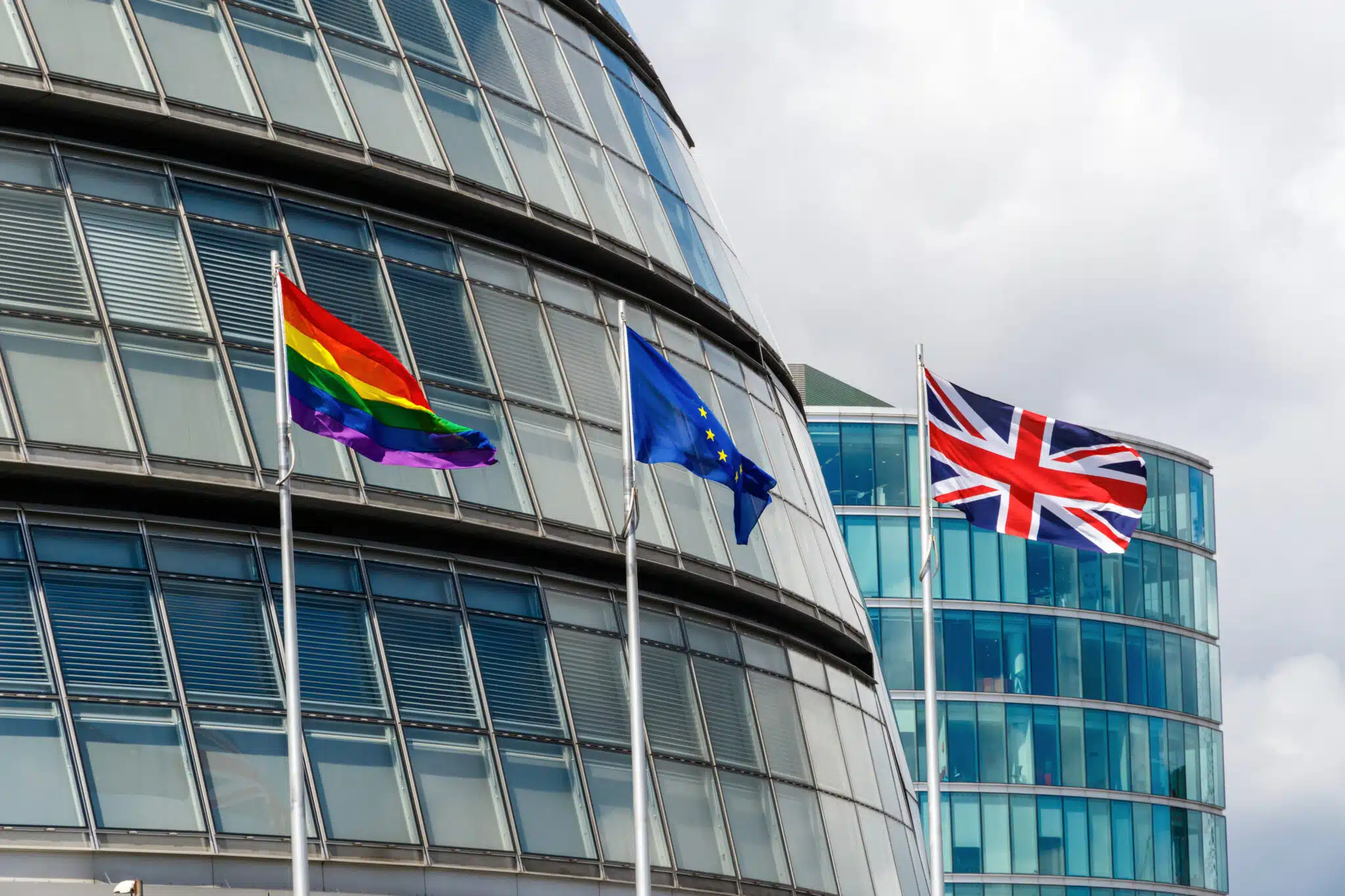
Update 01/10/2024
As of 1/9/24, this treaty has received two-thirds majority signatures, which means that the EU has received all necessary signatures for the treaty to pass. Now, the mission of pro-lifers is to push signature Parliaments to not ratify this treaty. Only 26 of the signatures have also ratified, and the EU is calling on other signatures to ratify.
-The EU is also offering $40m as an incentive to sign and is threatening revoking aid for those who do not sign.
-Finally, the East African Community (EAC – which HLI has worked with), which consists of 8 African nations, is calling on its members to not sign this treaty.
Introduction
The EU is pushing its abortion and gender ideology onto African, Caribbean and Pacific nations. The EU-ACP Agreement, also called the Samoa Agreement, is a radical treaty that requires all nations in the ACP (African, Caribbean and Pacific Group) to improve “sexual and reproductive health” and gender “care.”
What are the Main Concerns about this Treaty?
According to HLI’s affiliate in Uganda, Fr. Opio, and HLI’s affiliate Luis Martinez, there are many concerns about this treaty:
–Threat to sovereignty: The ACP-EU post-Cotonou Treaty grants disproportionate power to the European Union (EU) by allowing it to make binding decisions on 48 African countries. This undermines the ability of countries in the Organization of African, Caribbean and Pacific States (OACPS) to exercise self-determination and make sovereign decisions.
–Imposition of the EU agenda: The treaty includes provisions in areas such as “sexual and reproductive rights” and “sexual education,” which deceptively advance the EU’s abortion and LGBT agenda in Africa. These provisions clash with the values and beliefs held by many OACPS countries, which uphold different cultural and religious traditions.
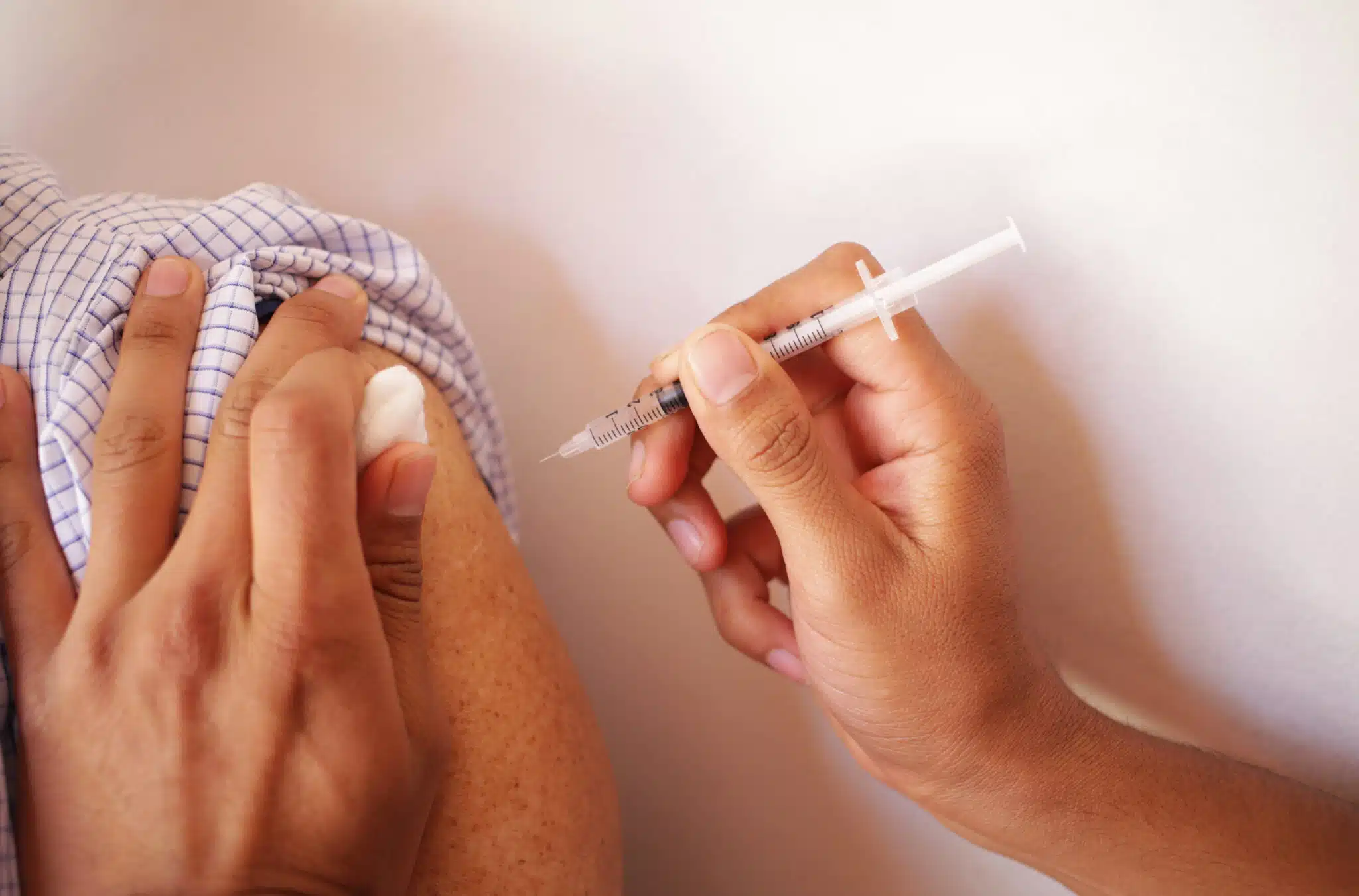
–Lack of safeguards: A key concern is that the treaty does not provide clear mechanisms for African countries to make reservations or declarations excluding provisions that are contrary to their national laws or cultural and religious values. This could force countries to adopt policies and measures that go against their core principles and beliefs.
–Undermining the family and religious freedom: In a global context of attacks on the family and restrictions on religious freedom, the treaty promotes special undefined rights for the LGBT lobby and undermines fundamental societal values and freedom of worship. This can have a negative impact on family structures and the ability of countries to protect and promote their own traditions and beliefs.
–Lack of clear definitions: The treaty lacks a glossary of terms and definitions, which can lead to confusion and ambiguity in the implementation and evaluation of the agreement. This can result in divergent interpretations and conflicts regarding the application of certain provisions, making effective cooperation between OACPS countries and the EU challenging.
–Elevation of non-binding agreements: The treaty makes reference to over 80 international and regional treaties, strategies, initiatives, and programs that may not be legally binding. By including these references in a legally binding treaty, they are given a status and importance they do not inherently possess, leading to confusion and ambiguity regarding the actual obligations of OACPS countries.
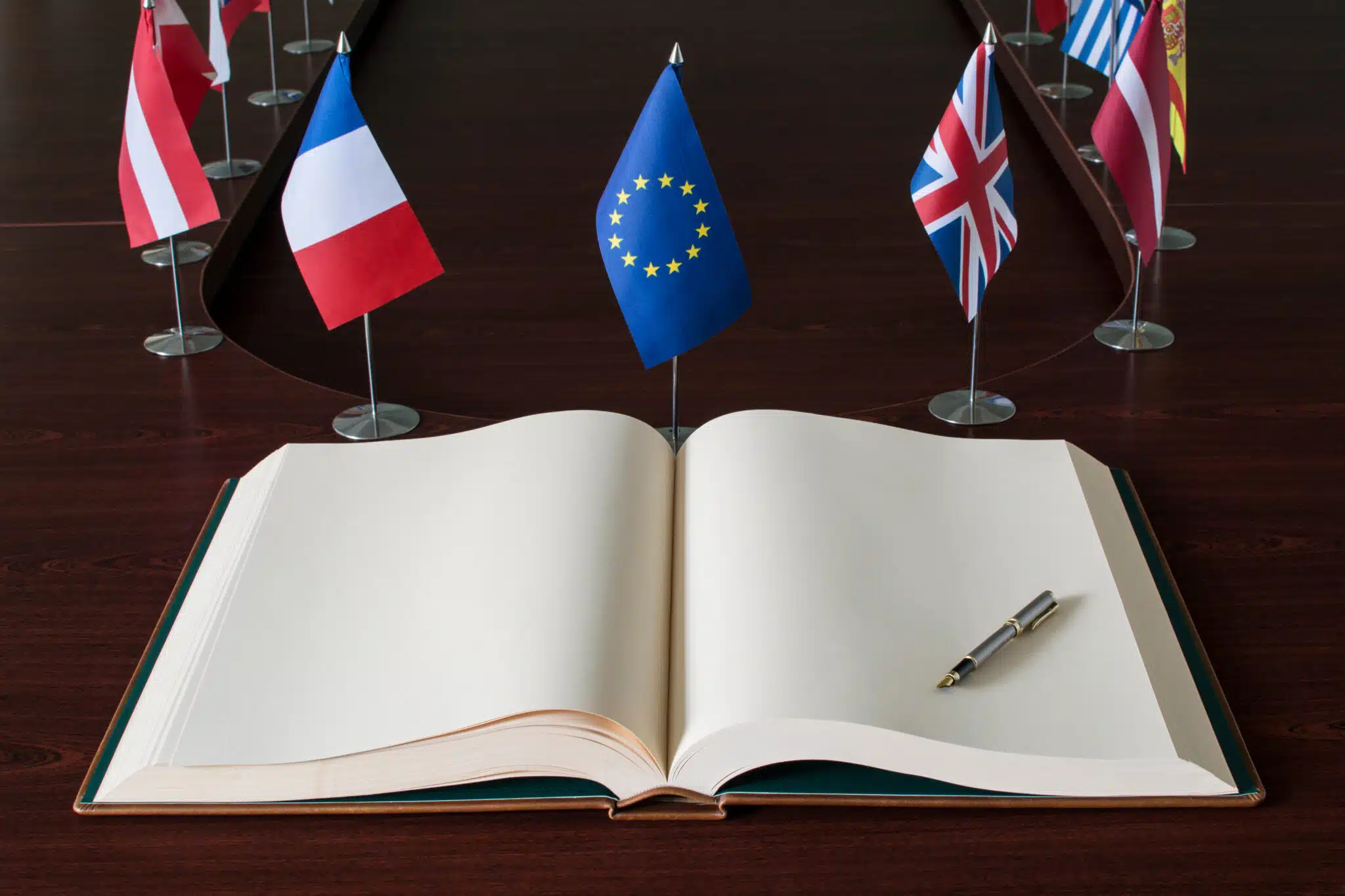
–Unforeseen commitments: The treaty references the implementation of future outcomes from ICPD and Beijing review conferences. This means that OACPS countries could be bound to comply to unpredictable measures and policies in the future, without fully assessing the implications and consequences of such commitments.
–Contradiction with national positions: The treaty contains provisions that contradict the national positions of OACPS countries. For example, there is a reference to the destruction of ivory stockpiles in the context of combating wildlife trafficking under CITES, which contradicts existing national and regional policies regarding sustainable resource management.
–Lack of provisions for declarations and interpretations: The treaty does not include clear provisions for OACPS countries to make interpretive statements or clarify their positions regarding the interpretation of certain provisions. This hampers the ability of countries to express and protect their interests and principles within the framework of the agreement.
–Coercive measures: The treaty states that “appropriate measures” will be taken against countries that fail to fulfill their obligations under the agreement. The lack of clarity regarding specific measures and the scope of these measures can lead to undue sanctions or pressures on OACPS countries, potentially affecting their sovereignty and their ability to make decisions in their own best interests.
What are the Key Issues?
The overarching issue is that the EU is pushing the ACP to accept these radical Western standards, some of which are illegal in some ACP states. This neo-colonialism threatens the sovereignty of African, Pacific Caribbean nations. Let’s go point-by-point. Fr. Opio and Luis Martinez outline the following articles.
-Article 36.2 of the EU-ACP Agreement requires African states to implement “sexual and reproductive health and rights” (SRHR). Consequently, in June 2022, the EU resolution titled, “On the Situation of Sexual and Reproductive Health and Rights in the EU” defined SRHR to encompass sexuality education, sexual orientation and gender identity (SOGI).
-Under Article 40.6 of the Agreement, ACP governments are required to provide access to “comprehensive sexual and reproductive health information and education [CSRHE],” taking into account the UN’s controversial “International Technical Guidance on Comprehensive Sexuality Education.” The EU intends to fund and implement sexuality education programs in ACP countries that align with these highly controversial UN standards.

-Article 65.5 of the Samoa Agreement includes a reference obligating African states to “protect human rights defenders acting at national, regional and continental level[s].” This can be misinterpreted by the EU in a way to obligate African States to advance LGBT rights of any kind or to protect the work of LGBT or abortion “rights” advocates. ACP nations are expected to sit back and let these things happen, when these activities are illegal in many African states and go deeply against their historical and modern culture.
-Under Article 80.3, the states are required to “cooperate with the UN’s human rights bodies and mechanisms” and to “fully support the work of the UN Human Rights Council” (HRC). This mandates ACP countries to not only advance abortion, sexual rights, the LGBT ideology and autonomous sexual rights for children, but also to advance abortion, sexual rights, and sexuality education for children. The HRC is strongly pro-abortion for both women and girls. Indeed, the Committee on the Rights of the Child said, “States should review and consider allowing children to consent to certain medical treatments and interventions without the permission of a parent, caregiver, or guardian, such as HIV testing and sexual and reproductive health services, including education and guidance on sexual health, contraception and safe abortion.” (emphasis added) And this is precisely the organization that ACP nations will be forced to support. Additionally, ACP states will be required to “support” the work of the UN Independent Expert on Sexual Orientation and Gender Identity – SOGI, which essentially legalizes homosexuality and same-sex marriages.

-Article 97 states, “No treaty, convention, agreement or arrangement of any kind between one or more Member States of the European Union and one or more OACPS Members shall impede the implementation of this Agreement.” This is the supremacy clause, which means that the Samoa Agreement is to trump other existing agreements between ACP countries.
No Room for Reservations
According to Fr. Opio, “…inexplicably and against all practice of public international law, [the Samoa Agreement] does not include a provision/clause/article for reservations, so reservations…[or] exempting member states for any or many concrete provisions are not allowed. Signers are ‘holistic’ signers. There is no way back.” (emphasis added)
Where did the Samoa Agreement Come From?
Fr. Opio responded to our questions regarding the Samoa Agreement and its background.
According to him, this treaty traces its history back to 1975, when the Treaty of Lomé was signed. This lasted from 1975 to 1995. After its expiration, it was replaced by the Treaty of Cotonou, which lasted from 2000 to 2019. This, in turn, is being replaced by this new treaty, which is now being called the Treaty of Samoa or the post-Cotonou Treaty/Agreement. This would enter into force in 2023 and is scheduled to last for 20 years.
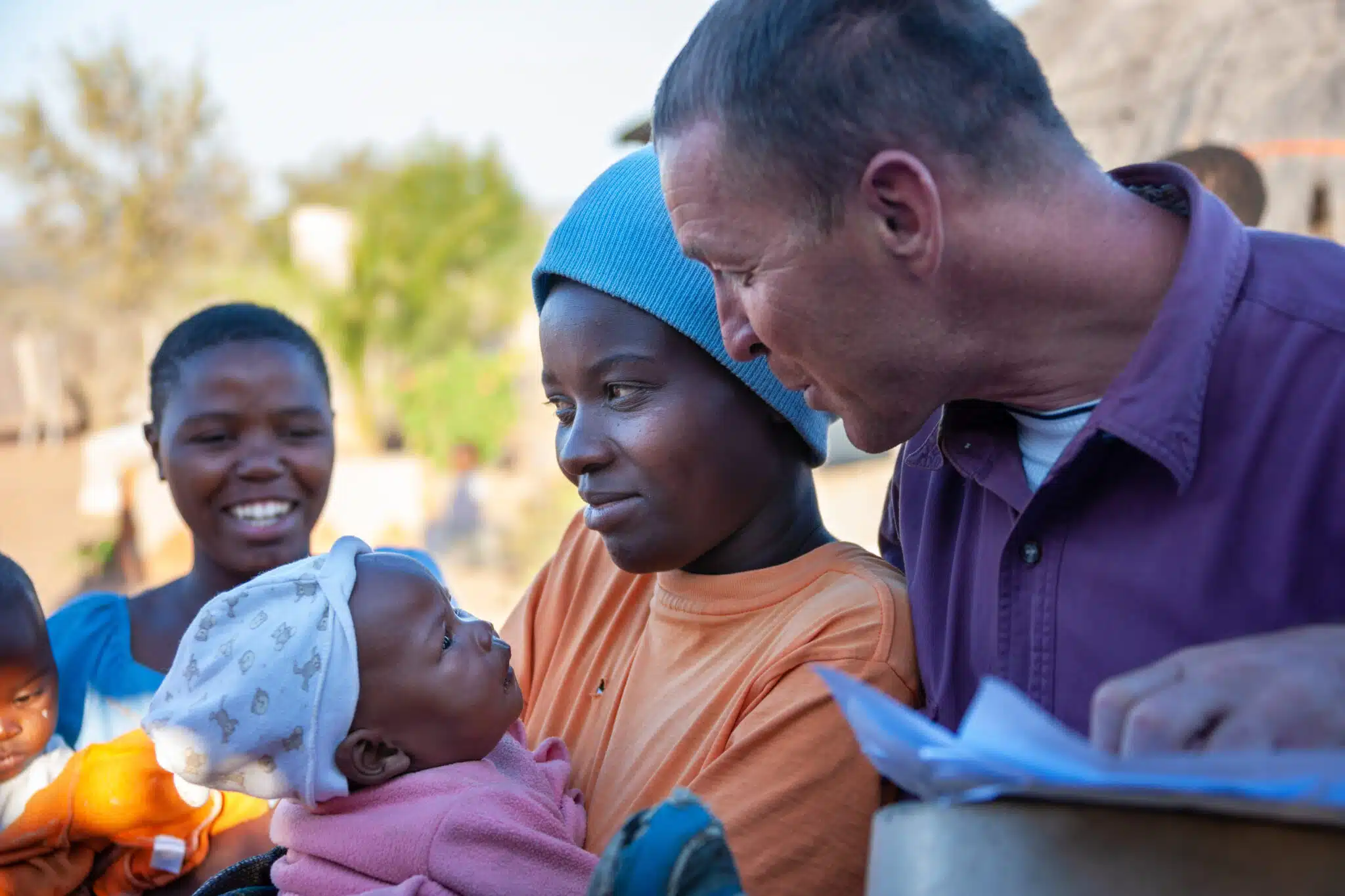
Negotiations for the Samoa Agreement began in 2019, and theoretically concluded in April 2021. Although, according to a statement from the Namibian government, they continued to negotiate and amend the agreement in secret negotiations from 2021 to 2023.
Human Life International has implemented different lobbying strategies through the 1st African Inter-Parliamentary Conference on Family Values and Sovereignty. This resulted in the “Entebbe Declaration on the Post-Cotonou ACP-EU Treaty.” HLI is also working through the dissemination of the positions of the governments of Poland, Namibia and Uganda, denouncing the abuses of this treaty. HLI is providing as many contacts as possible – mainly Bishops, Ambassadors, and Ministers – on five continents with information and guidance on the threats to life and family – and to national sovereignty – that this treaty entails in its articles.

How Many Have Signed?
Tragically, 46 out of the 79 ACP nations have signed, and 27 EU nations have signed. The remaining 33 nations have not yet signed. Of those 33, Luis Martinez expects many will end up signing. Only about 10 nations have stated that they refuse to sign, including Namibia and Uganda.
The Samoa Agreement requires two-thirds majority to ratify it (all 27 EU nations and 53 out of the 79 ACP nations) to enter it into force. Otherwise, the treaty will fail.
Deputy Prime Minister of Namibia, Honorable Netumbo Nandi-Ndaitwah, published this statement regarding Namibia’s refusal to sign. She cited multiple concerns, including that the agreement would bind nations to outcomes and processes that cannot be foreseen, that the agreement did not define its terms, and that it does not allow for reservations. Her fellow ACP members would do well to heed her warnings.
What’s Next?
Countries have until January 1st, 2024 to put the agreement into effect. To defeat the agreement, 27 countries need to refuse to sign. If the treaty gets a two-thirds majority vote, the treaty will pass. Those nations that do not sign on to the treaty will not be bound by it. But, as part of the ACP, they will also face political and economic pressure to accept it. Those nations that do not sign this treaty will risk losing foreign aid and disaster aid from the EU and would not have access to loans from the European Investment Bank.
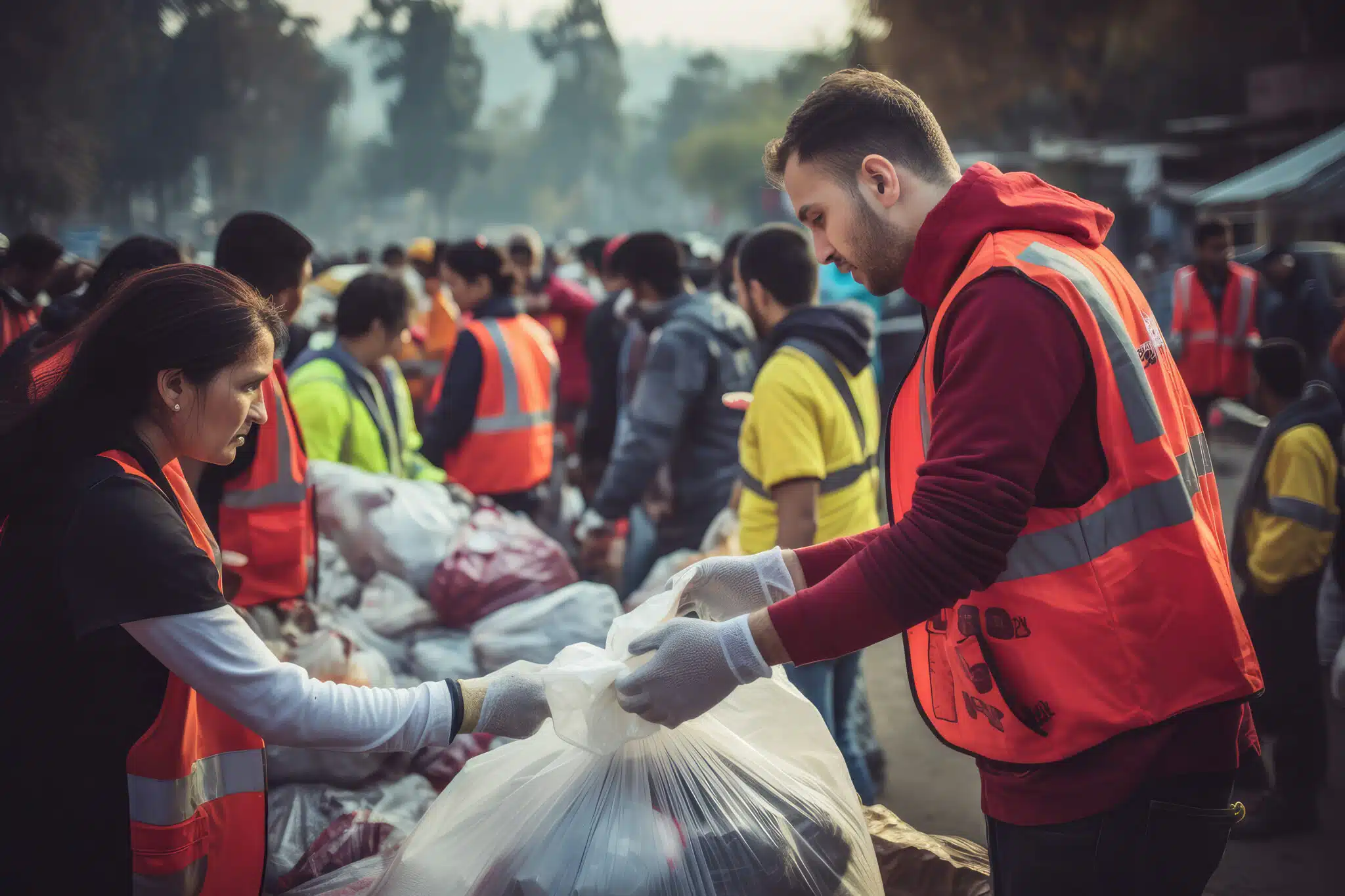
According to Luis Martinez, “…the resolutions of the general assemblies, the agreements of the summits, and all the joint work of the OACPS would be revolving around provisions of the ACP-EU Agreement, and therefore, more and more, the minority of non-signatories would be feeling relegated and excluded. Even without being sanctioned as such, they could begin to be excluded from preferential tariffs or favorable trade situations for signatory countries.”
Should this treaty be passed, HLI’s Mission Network Manager, Michelle Francis, explains that the EU would have much greater power within the UN. ACP nations would be forced to side with the EU in UN decisions, giving the EU undivided support from 40% of the world. This, in turn, would weaken the US’ standing in the UN.
What Can be Done?
Awareness is key when it comes to this treaty. Fortunately, there are some things that can be done:
-Send an email to the Ministry of Foreign Affairs of your country, as well as to the Ambassador of your country to the European Union and the Ambassador of your country to the OACPS.
-Send an email to the Bishops of your Diocese and your National Episcopal Conference, informing them about the dangers of this treaty and the urgency for them to do whatever is within their power to prevent it.
-Send an email to the Members of Parliament and/or Senators of your country, particularly those in the Committee on International Affairs, warning them about the dangers of this treaty and the urgency to prevent its ratification in your country.
-Make efforts to call or, even better, visit diplomatic, religious, and legislative leaders from the aforementioned points. If you have the means and contacts to personally approach them, you have a valuable opportunity to stop this terrible threat firsthand in your country. If your country does not adhere, but the OACPS reaches two-thirds of signatures, your country will be pressured with economic, trade and political sanctions from the EU and the OACPS to adhere or, alternatively, leave the OACPS.
-If you have access to media or contacts with journalists or media outlets, raise your voice and ensure that this issue is brought to public debate and opinion. Very little is being said about this treaty, and silence only helps it to progress.
-Most importantly, pray! Dedicate this issue to Jesus, Mary and Joseph, and entrust the EU and ACP nations to their protection and care.
This article was compiled based on reports written by and correspondence and interviews with Fr. Opio, Luis Martinez and Michelle Francis.

